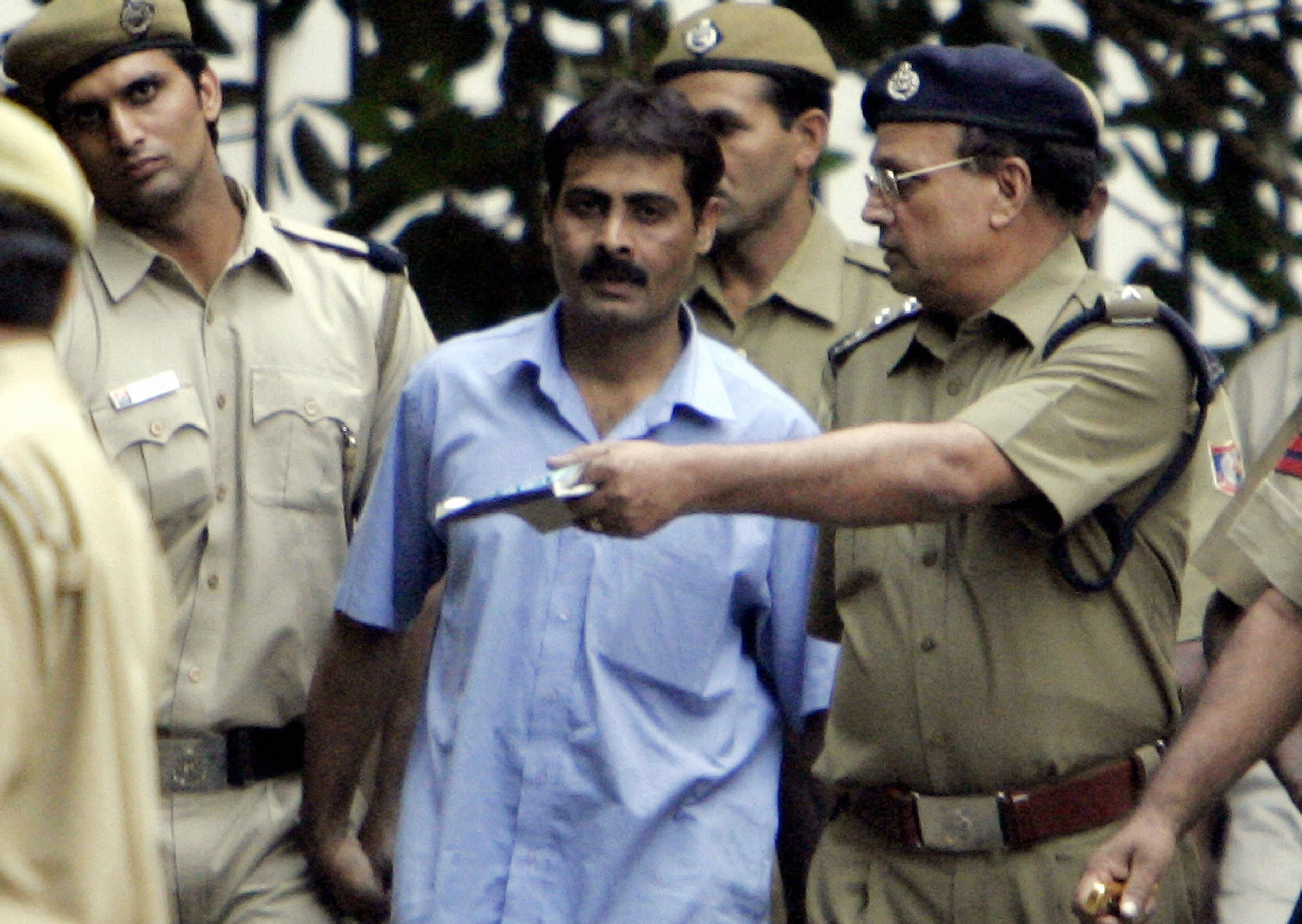Man who killed three soldiers in attack on India’s Red Fort to be hanged after president rejects mercy plea
The attack, which killed three Indian army personnel, came a day after India extended unilateral ceasfire in Kashmir

A convicted Pakistani national is set to face the death penalty in India after the president in New Delhi rejected his mercy petition over involvement in a deadly terrorist attack on popular monument Red Fort.
The man, Mohammed Arif aka Ashfaq, was confirmed to be a member of Pakistani terrorist group Lashkar-e-Taiba and was awarded death sentence on 31 October in 2005.
Indian president Droupadi Murmu rejected his mercy petition seeking relief from the execution sentence on 27 May, reported Indian news daily Hindustan Times. The mercy petition was sent to her on 15 May, officials aware of the matter said.
The attack, which took place a few days short of Christmas in December 2000, killed three Indian army personnel of 7 Rajputana Rifles unit. The armed forces personnel were guarding the pro Mughal-era monument from the inside when the terrorists entered the area. They later fled the spot by scaling the monument’s walls.
Indian police officials had said two men with automatic weapons had entered the Red Fort at about 9.40pm local time while a party for army families was being held inside. They reportedly fired indiscriminately.
Ashfaq was held four days later by the Delhi police’s special cell unit. He is currently lodged in India’s biggest prison facility – Tihar Jail – inside a high-risk cell. His mercy review petition was sent to India’s apex Supreme Court, after being rejected in lower Indian courts, but was rejected on 3 November 2022.
The Supreme Court upheld the death sentence and said there were no mitigating circumstances in Ashfaq’s favour. It underlined that the attack on the Red Fort posed a direct threat to the country’s unity, integrity, and sovereignty.
According to a former Indian civil servant who supervised the investigation into the attack, Ashfaq had camouflaged himself in India as a resident of Himalayan province Jammu.
He was arrested from Delhi’s eastern Ghazipur area where he was living as an Indian citizen, said Ashok Chand, the retired Indian Police Service officer told HT.
The attack on Red Fort was an attack on the country’s most important installations, he said.
Details of Ashfaq’s execution on Indian soil have not been officially released.
The attack came a day after the Indian government extended its unilateral ceasefire in Kashmir by a month.
After India’s announcement of the extension, Pakistan declared a partial withdrawal of its troops from along the ceasefire line dividing the Himalayan province. The ceasefire announced by India was dismissed by the terrorist group as an attempt to "hoodwink" the world over alleged violations in Kashmir.
Lashkar-e-Taiba, whose name means "Army of the Pure", had launched a number of similar attacks against Indian army installations in the Indian-administered part of Kashmir.
Join our commenting forum
Join thought-provoking conversations, follow other Independent readers and see their replies
Comments
Bookmark popover
Removed from bookmarks